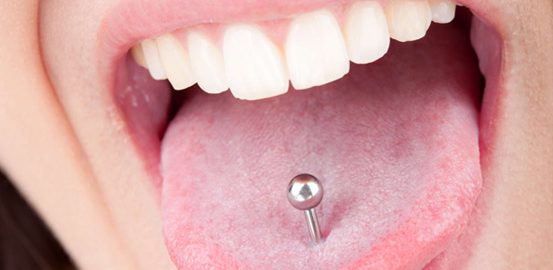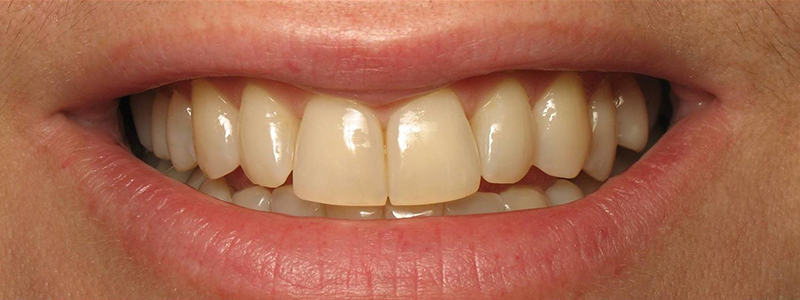Oral piercings, which include tongue, lip, and cheek piercings, are popular forms of body art that can have serious negative effects on oral health. Here are some reasons why oral piercings can be harmful to oral health:
1.Increased Risk of Infection
Oral piercings can create an opening in the mouth that can allow bacteria to enter and cause infection. This is especially true for tongue piercings, which are located in an area of the mouth that is home to many bacteria.
Infections in the mouth can cause pain, swelling, and fever, and can even spread to other parts of the body. In severe cases, infections can lead to hospitalization or even death.
2.Damage to Teeth and Gums
Oral piercings can damage teeth and gums by causing chips, cracks, or fractures in the teeth, and by rubbing against the gums and causing irritation or recession. This can lead to tooth sensitivity, pain, and even tooth loss.
The constant movement of the jewelry in the mouth can also cause damage to dental restorations, such as fillings, crowns, or bridges.
3.Interference with Speech and Eating
Oral piercings can interfere with speech and eating by causing difficulty with pronouncing certain sounds or words, and by making it difficult to chew and swallow food.
The constant movement of the jewelry in the mouth can also lead to drooling, which can be embarrassing and uncomfortable.
4.Swelling and Bleeding
Oral piercings can cause swelling and bleeding in the tongue, lips, and cheeks. This can make it difficult to speak, eat, or drink, and can be uncomfortable and unsightly.
In severe cases, swelling can be so significant that it can obstruct the airway and cause difficulty breathing.
5.Allergic Reactions
Some people may be allergic to the metal in the jewelry used for oral piercings. This can cause itching, redness, and swelling in the mouth, and can even lead to a severe allergic reaction, known as anaphylaxis.
If you already have an oral piercing, it is important to practice good oral hygiene by brushing and flossing regularly, and by using an antiseptic mouthwash to reduce the risk of infection. If you experience any signs of infection, such as pain, swelling, or fever, see your dentist or healthcare provider right away. Dr. Nikita Agarwal and the team at Studio Dentale are here to help you maintain a healthy and confident smile, even with oral piercings!





